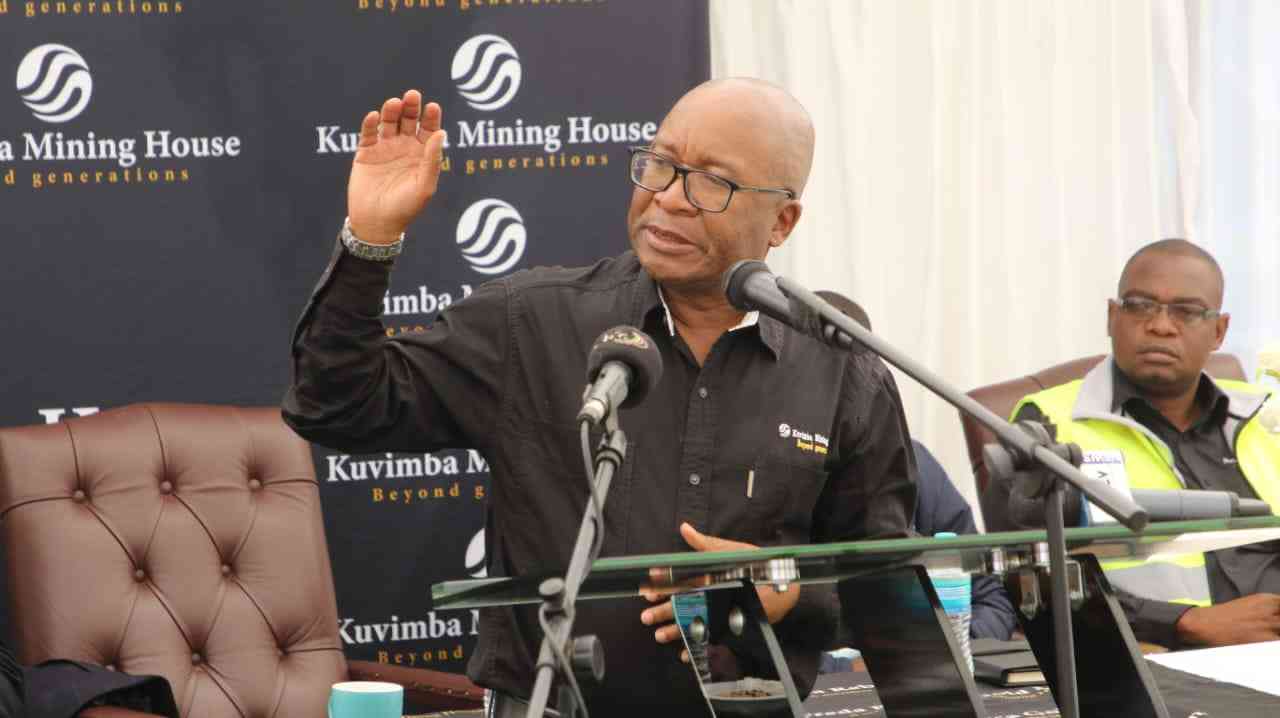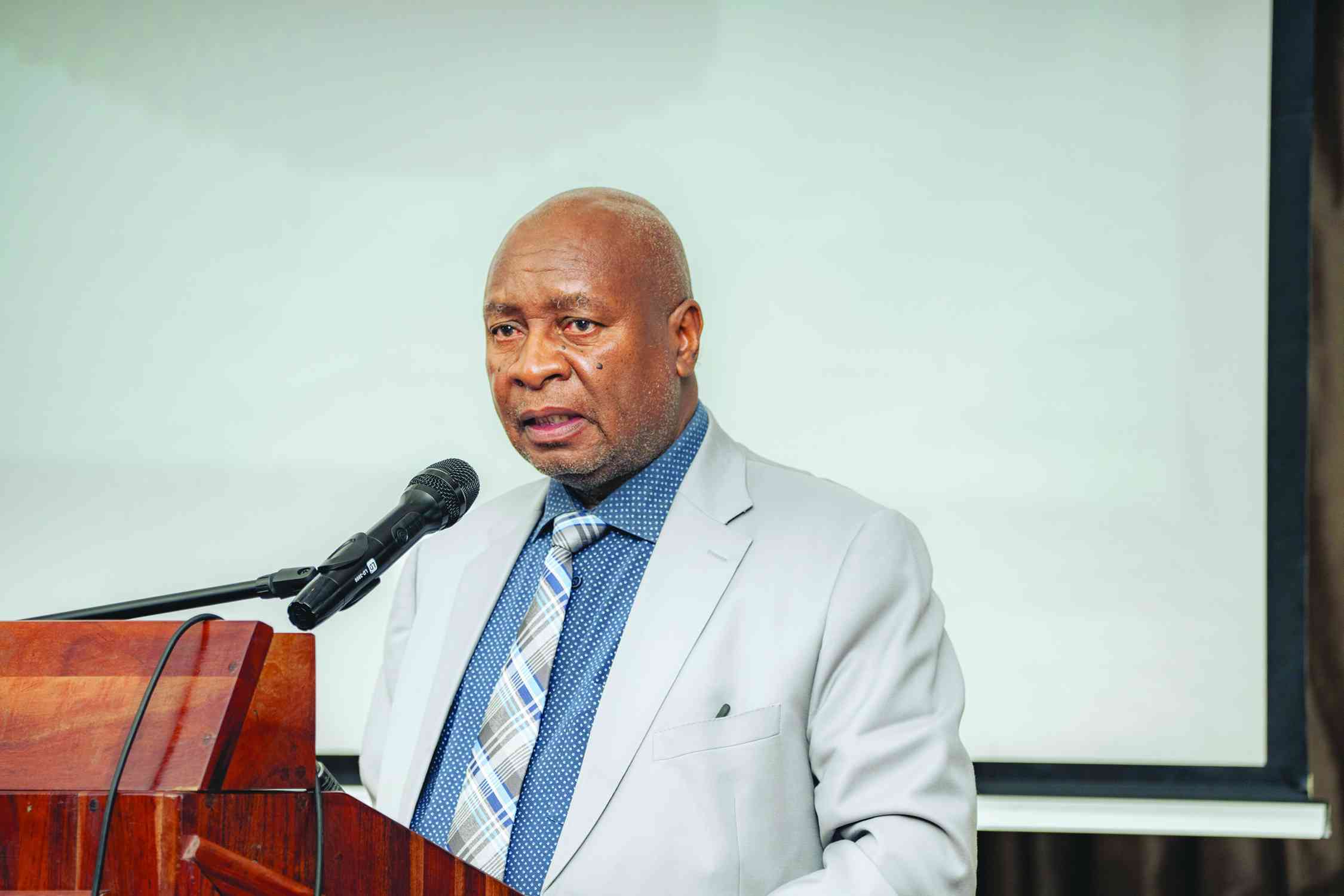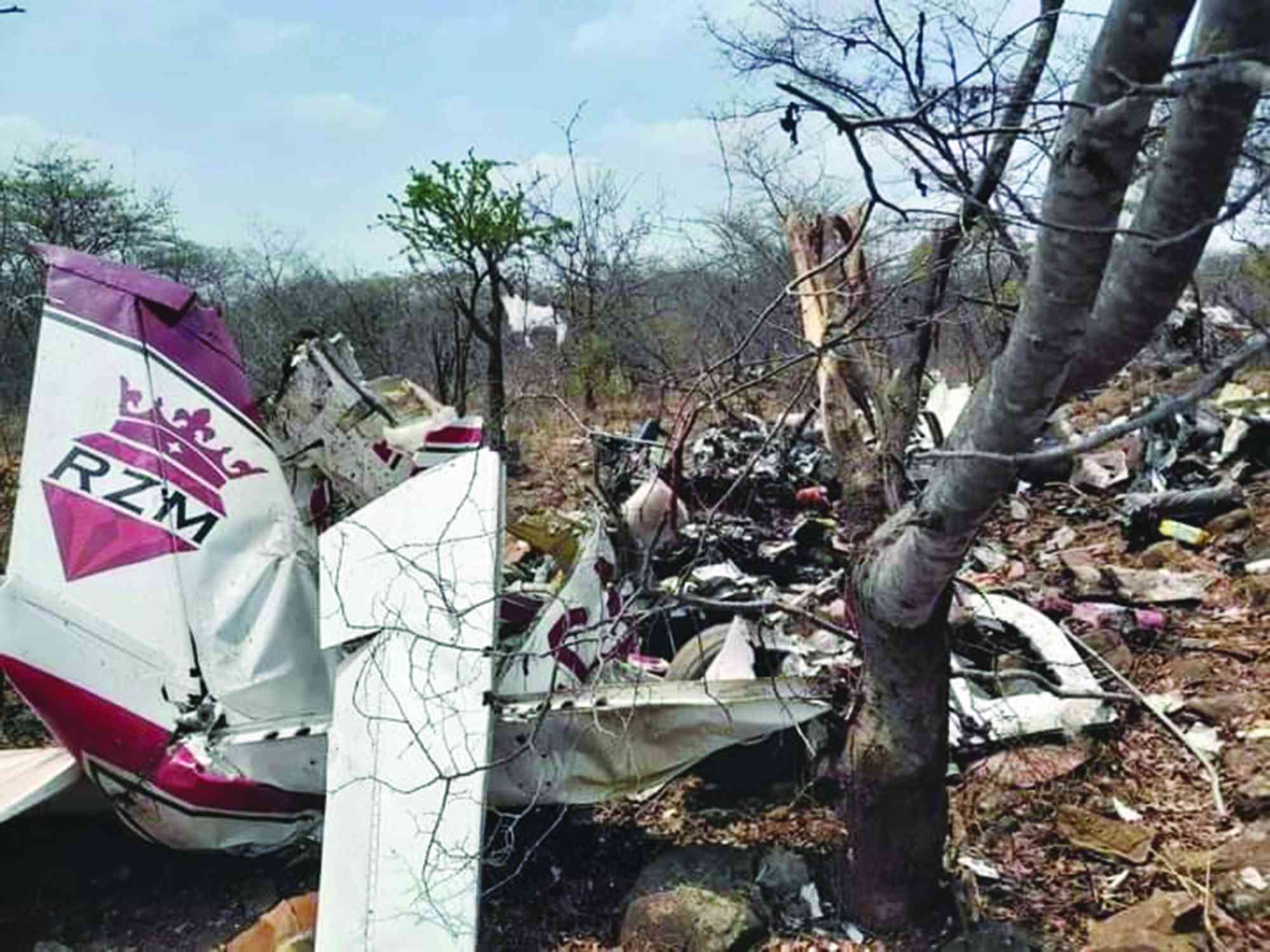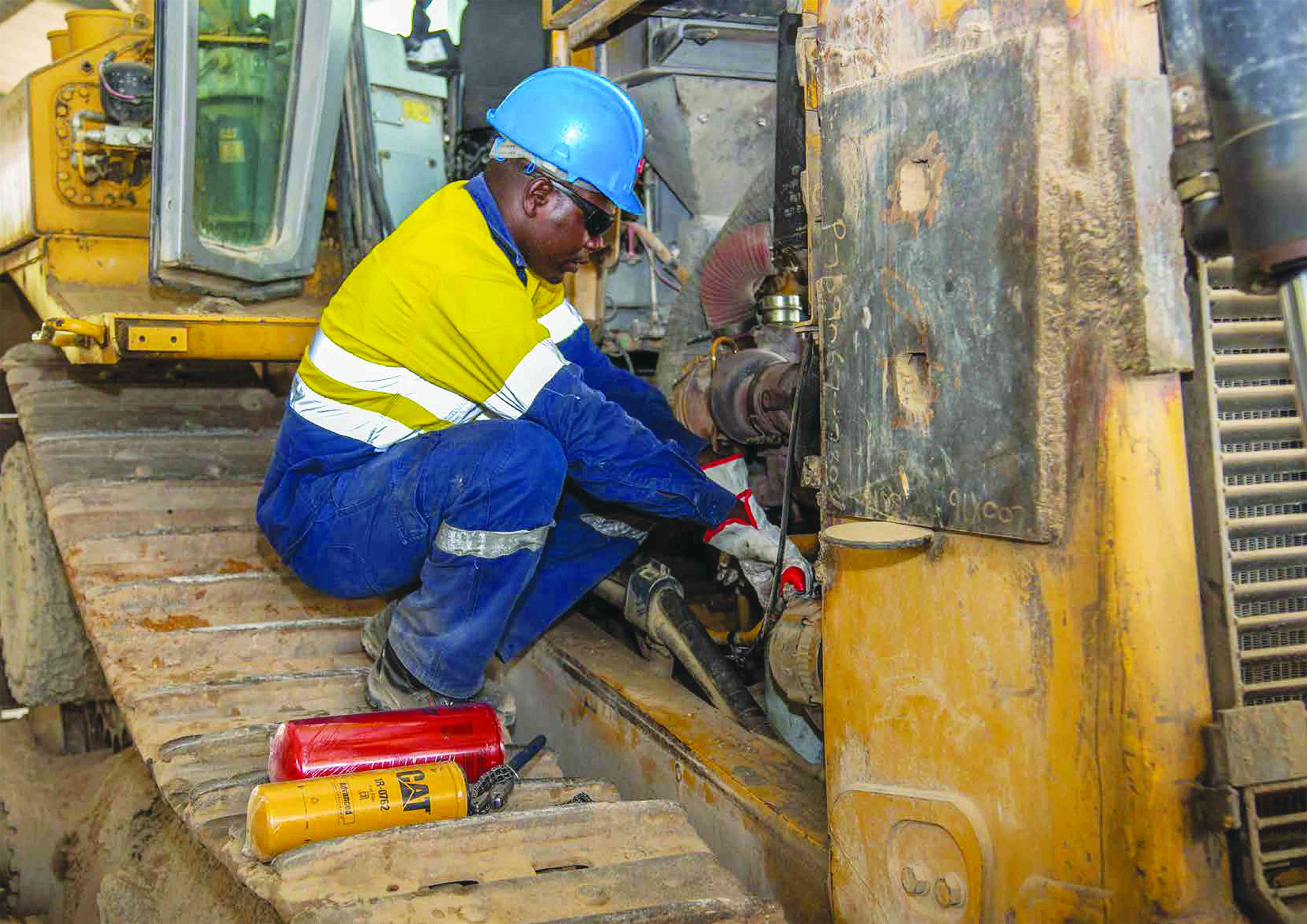
OVER time, there has been a rise in the trade of used clothing in Zimbabwe by informal traders. These clothing items are frequently put on display in front of formal stores, threatening their businesses. To fully understand the impact of this on formal businesses, our senior business reporter Melody Chikono (MC) interviewed the Truworths chief executive officer and executive director, Bekithemba Ndebele (BN). Below are the excerpts from the interview:
MC: Tell us about clothing retail performance since 2020.
BN: If you look at the recent history, you look at the impact of Covid-19. In 2020, we were closed for six weeks because we were considered a non-essential sector. In 2021, we were closed for eight weeks for the same reason and this happened internationally. But now the question was, what were the mitigatory factors that were brought upon to our industry here? And the answer to that is nothing. If you look at international trends, in South Africa, there was a reprieve on the rentals, which were underwritten by the government. But we did not have that in Zimbabwe. As a retailer, you cannot lose 14 weeks of business in a year and expect to stay in business. So that is one of the historical perspectives, which people do not talk about.
MC: But the government came up with ZW$18 billion package.
BN: The Minister of Finance did talk about the ZW$18 billion package, but we never saw it. So that puts the industry into trouble, both the manufacturing and the retail sector. Then, when we came back, the economy started to experience hyperinflation. On retailers books it actually wiped out the value and this meant you could not replace your stock, which you would have given away.
Then came all the statutory instruments you see in place that started to restrict the pricing to 10%, which is a form of price control. That had the retailers hurt as well as the manufacturers.
MC: What other challenges did you come across?
BN: In 2022, we had the 200% interest rate that they introduced. I do not know of any business that can run on 200% interest and I do not know of any customer that can pay on their account 200% interest payment. Basically, it just crashed the credit market. When you crash credit, your volumes go down. Most worryingly now, you should look at the levels of unemployment and the level of incomes in this country. Informalisation coming from an individual's point of view is a way of survival because of high unemployment levels and inadequate incomes.
- Mayhem as schools reject Zimdollar fees
- Prices continue to skyrocket
- New Horizon: Hare and baboon: The case of gold coins in Zim
- Authorities must act to restore functional capital markets
Keep Reading
MC: Let us talk about the issue of second-hand clothing.
BN: What you see is dumping of second-hand clothing at ridiculous prices. We are actually talking about goods being sold in this market at below the cost of manufacturing. I will give you an example. You find a pair of shoes selling for US$2,50. The minimum duty on a pair of shoes is US$2 per pair plus 40%. So how do you sell it for US$2 or US$2,50? It does not make sense. Kids’ tracksuits selling for US$5.
The local manufacturer of tracksuits cannot produce a tracksuit for less than US$11. If he squeezes it and drops the fabric, it is US$$8. So, it is this dumping of goods that is a serious threat to formal clothing retailers.
MC: How then do you explain this dumping considering there are laws in place?
BN: In this country, the customs duties are clear on what should be done, and the duties that should be applied. There is a ban on imported second-hand clothing. But they are still finding their way to the market. So, the question is, is there a will to deal with this problem before it causes massive de-industrialisation? In the long term, this just destroys the formal economy. It is costing us over such a temporary period.
MC: Can you quantify the loses you have suffered over this?
BN: I would not be able to quantify that, but if you look at the losses that are in the retail sector, that is the quantification I am talking about. Now we are only left in this country with only one formal trouser and one suit manufacturers.
MC: Can you shed more light on that?
BN: We have lost over 90% of the formal manufacturers. And all the shoes, all the big factories are gone. They do not exist anymore.
In terms of ladies’ wear, we are only left with one manufacturer. The rest now are just small cottages, people with their sewing machines.
If I want Denim today, I have to import it. If I want a men's shirt today, I have to import it. If I want a men's trousers, I have to import it. If I want the men's suit, I have to import it.
MC: So, what is the impact of this on the industry?
BN: The impact is, you have to rely on imports. When you rely on importing and you have to sell on credit, your minimum cash cycle is at least four to six months of putting your cash upfront because you cannot get foreign credit with that you have got, and when you have got an illiquid banking sector where do you get the funding from? In a situation where there are no international lines of credit, we had to buy stock for cash. I have to pay upfront and they manufacture them offshore, ship them here when you have already paid your money upfront. By the time they get here, it is about eight weeks and then I have got to put them in the store here for you to buy over six months. We have actually broken the whole value chain.
MC: That then means you have no foreign obligations to settle?
BN: Most of the global retailers have no foreign obligations. It is cash up front.
MC: Back to smuggling, what is really going on?
BN: It is no longer Zimbabweans, who are runners, who catch the bus to bring in some stuff. It is actually organised dumping in huge containers.
MC: In the midst of all these things, what can you say about the future of the formal retail sector?
BN: It is gloomy at the moment unless there is an immediate shift of government policy. This will be for them to enforce the duties and to end this dumping of goods into this market. It benefits government because they will get revenue. At the moment, government is losing a lot of revenue because these people do not pay duty. How would you have paid duty when you are selling a shoe for US$2 when the duty is US$2 plus 40%. It is very clear they do not pay duty.
MC: We also have another problem of cotton in Zimbabwe. Production is going down. What is the effect of that?
BN: About 90% of clothing in the world is based on polyester, not cotton. But the world is big and there is a niche of wealthy people, who buy 100% cotton. And that is how our industries like spinners and textiles were built on, exporting that fabric.
MC: So, what does it take to restore the industry back to its former glory besides a shift in policy?
BN: The industry will need funding. And the industry funding can only come from foreign investors. If you have friendly policies and an enabling environment, investors come.
MC: The President recently extended multi-currency regime to 2030. Do you think this is sustainable to you as an industry?
BN: My biggest question, again, the predictability of how long the US dollar was going to be used was one issue. They tried to address that issue by saying it will be in use up to 2030. But the issue that has not been addressed is availability of that US dollar. If it is not available you can extend to 2040, if it is not available, it is not available.
MC: Why is the US dollar not available?
BN: You cannot run a banking sector and keep lending without savings. The fundamental thing of banking is, someone comes in, saves their money. They put their money into a 12-month deposit, right? And the bank pays you interest. And then the bank comes to me and says, look, I can lend you that money, okay? Because it is a secure deposit. At the moment, how much of secure long-term deposit are in this market, or the bulk of the deposits are transitory.
So that is where I am coming from. Whether it is 2030 or 2040, it does not matter. You have got to address the supply situation.
MC: What are the opportunities in the sector?
BN: In every environment, in every country, the opportunities are always there. This is a fairly small economy which has got infrastructure in terms of industry and education that can quickly bring change. While businesses are bleeding the biggest question is for how long will you do this?
MC: You have in the past cut off the credit facility. How did it go?
BN: We have reintroduced it. It has been working, but the biggest problem is I can only lend money to you through clothing if the USD is reflecting on the payslip and is guaranteed. But a lot of the USD payments are allowances. And allowances by their nature can be withdrawn. The credit risk is still very high and it is actually limiting the growth.
MC: Finally, your outlook?
BN: The outlook is not great until all these issues are solved. We need to fix this economy. Our business relies on order in the main trading central business districts that do not allow informal traders to trade dumped items at no overhead cost on our doorsteps. Our business growth relies on new employment growth from graduates from colleges and universities. That is what keeps growth going.










